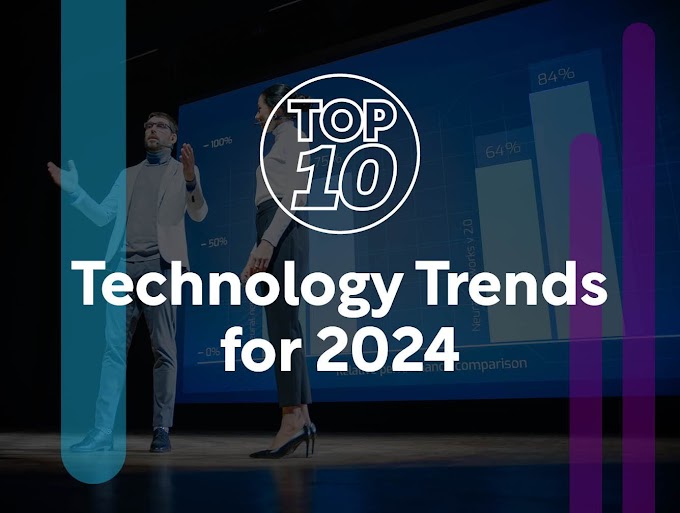The world of work is evolving rapidly, with automation and artificial intelligence (AI) reshaping industries and professions across the globe. Engineers, too, are facing a new landscape that requires them to adapt and develop new skills to thrive in the future. This blog will explore the impact of automation and AI on the engineering job market, the skills and competencies needed for engineers to succeed, and the importance of lifelong learning in this rapidly changing industry.

1. Job Displacement: Automation and AI technologies have the
potential to replace many manual and repetitive tasks, leading to job
displacement for some engineers. However, they also create new opportunities
for engineers to focus on more strategic and creative roles, such as designing
AI systems, overseeing automation processes, and analyzing data for
optimization.
2. Skill Gaps: The rapid advancement of automation and AI
technologies has led to a growing demand for specialized skills in the
engineering field. Engineers must develop expertise in areas such as machine
learning, data analysis, and robotics to remain competitive in the job market.
3. Collaboration and Creativity: While automation and AI can
perform specific tasks more efficiently, engineers are still needed to design,
develop, and maintain these technologies. Engineers must work closely with AI
and automation systems, leveraging their expertise to optimize processes and
drive innovation.
Skills and Competencies
Engineers Need to Thrive in the Future:
1. Adaptability: Engineers must be willing to learn new skills
and adapt to the changing job market. This includes staying up-to-date with the
latest technological advancements and continuously developing new competencies.
2. Creativity: Engineers must be able to think critically and
solve problems in innovative ways, even when working with advanced automation
and AI systems.
3. Communication and Collaboration: Engineers will need to work
effectively with both AI systems and their human colleagues, requiring strong
communication and collaboration skills.
4. Lifelong Learning: The engineering profession is inherently dynamic, with new technologies and challenges constantly emerging. Engineers must be willing to continuously learn and grow throughout their careers.
The future of work for engineers is undeniably changing, with automation and AI technologies transforming the job market. However, these technologies also present new opportunities for engineers to excel and drive innovation. By embracing the shift and developing the necessary skills and competencies, engineers can thrive in the evolving world of work and continue to make a significant impact on society.
If you enjoyed this blog, then share it with your friends. To know more, follow the
below links:
Facebook - https://www.facebook.com/AVCOEngg
Instagram - https://instagram.com/avcoeofficial?igshid=YmMyMTA2M2Y=
LinkedIn - https://www.linkedin.com/showcase/alumni---avcoe
Twitter - https://twitter.com/AmrutvahiniE



0 Comments